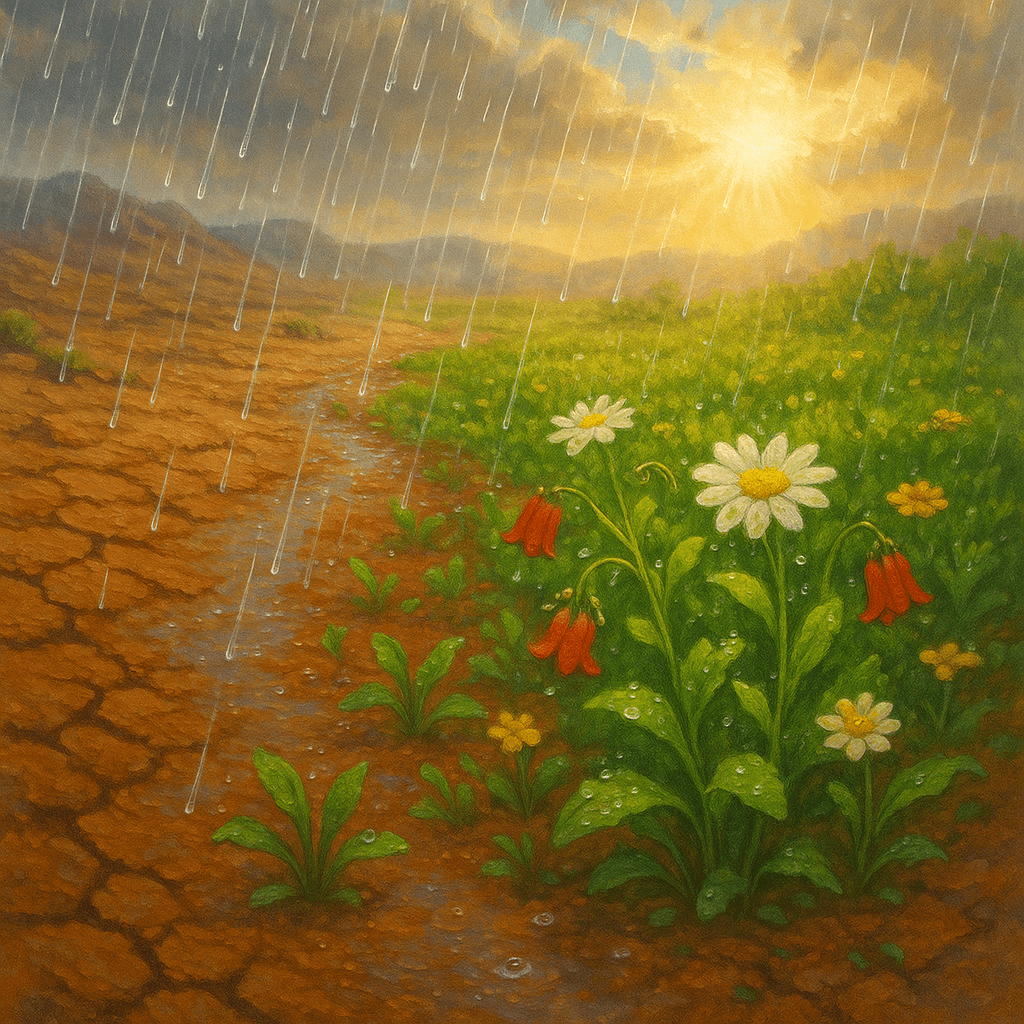Tears as Symbols of Strength and Compassion

Tears shed for another person are not a sign of weakness. They are a sign of a pure heart. — José N. Harris
—What lingers after this line?
One-minute reflection
What's one small action this suggests?
Redefining Emotional Expression
José N. Harris’s statement challenges widespread beliefs about vulnerability and emotional openness. For generations, many societies have discouraged open weeping, especially in public or in front of others, equating tears with personal weakness. However, Harris reframes such displays, suggesting that tears for another reveal not fragility, but deep, authentic feeling—a testament to one’s humanity.
Empathy at the Core of Humanity
Expanding on this idea, shedding tears for someone else underscores empathy—the ability to genuinely feel another’s suffering or joy. In classic literature, such as Harper Lee’s *To Kill a Mockingbird* (1960), characters like Atticus Finch display profound compassion, often moved by the injustice faced by others. Their sensitivity doesn’t make them weak; instead, it defines their moral strength.
Cultural Attitudes Toward Tears
Throughout history, attitudes toward emotional expression have varied widely. In many Eastern philosophies, such as Confucianism, tears can signify a harmonious connection to others and the universe. Even in modern Western therapy, crying is considered a valuable form of release and healing. This shift acknowledges that authenticity and openness about feelings are critical, rather than signs of inadequacy.
Scientific Insights on Emotional Health
Current psychological research affirms Harris’s viewpoint, indicating that crying for others can strengthen social bonds and promote well-being. According to studies published in *Frontiers in Psychology* (2017), tears trigger empathy in observers and reinforce community ties. The act of crying thus serves both an individual and a social function, connecting people in powerful, heartfelt ways.
Toward a Gentler, More Caring World
In conclusion, recognizing tears as marks of a ‘pure heart’ invites us to foster greater compassion in society. By honoring rather than suppressing our emotional responses to others, we lay the groundwork for deeper relationships and collective healing. Just as Harris suggests, strength is found not in stoicism, but in our shared willingness to care—and to let that care show.